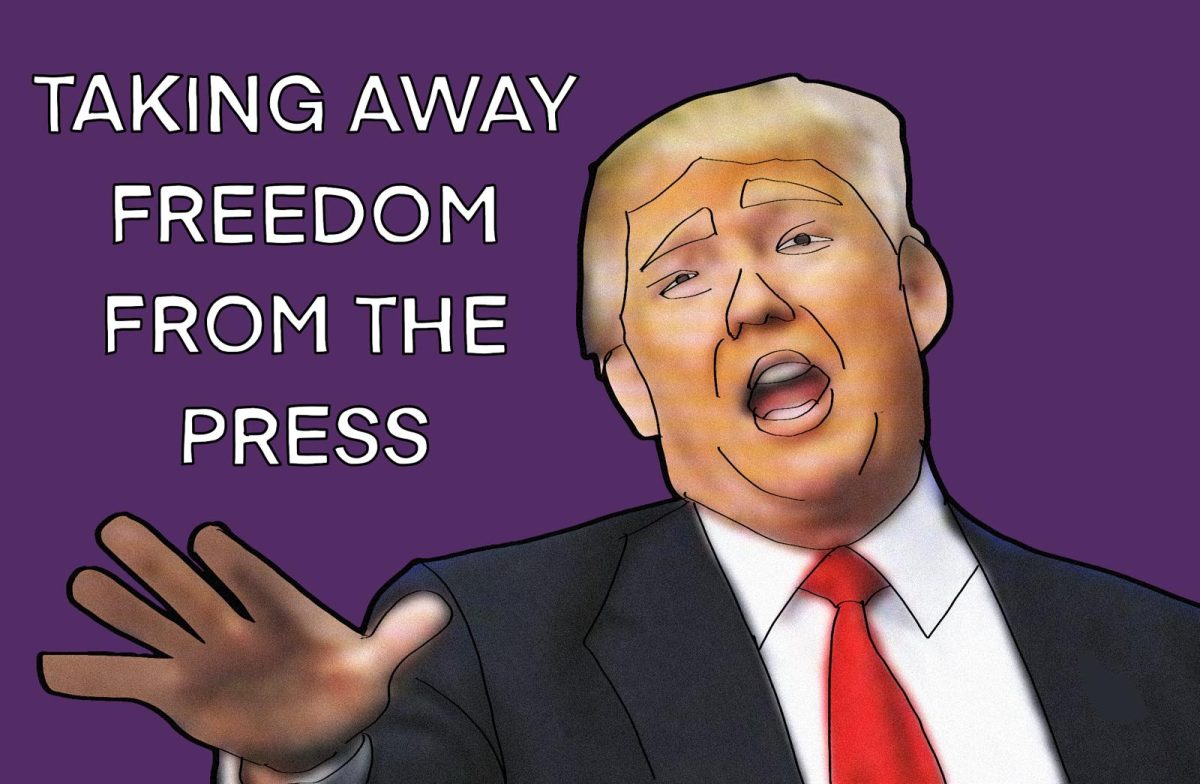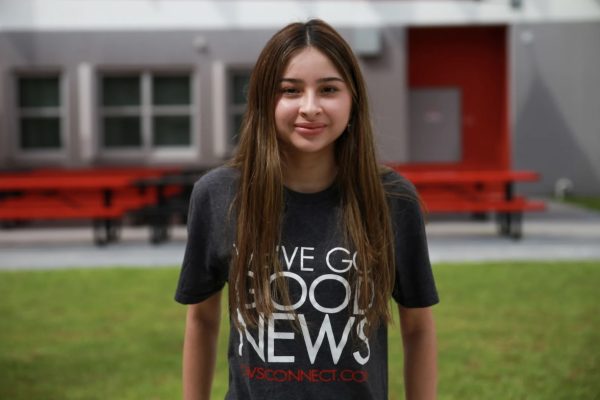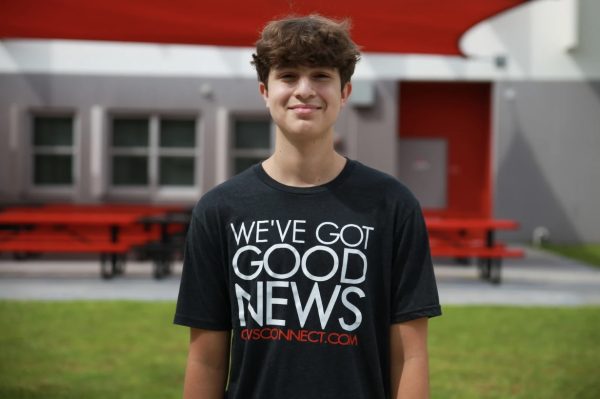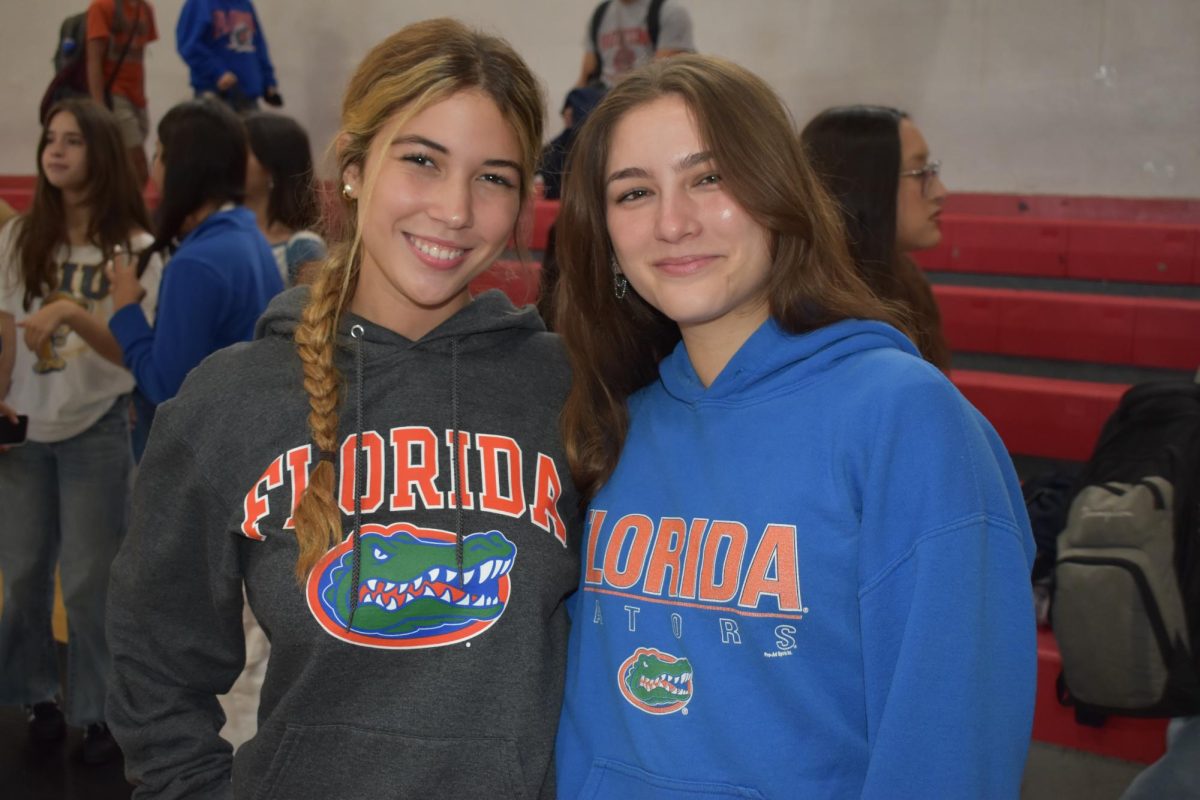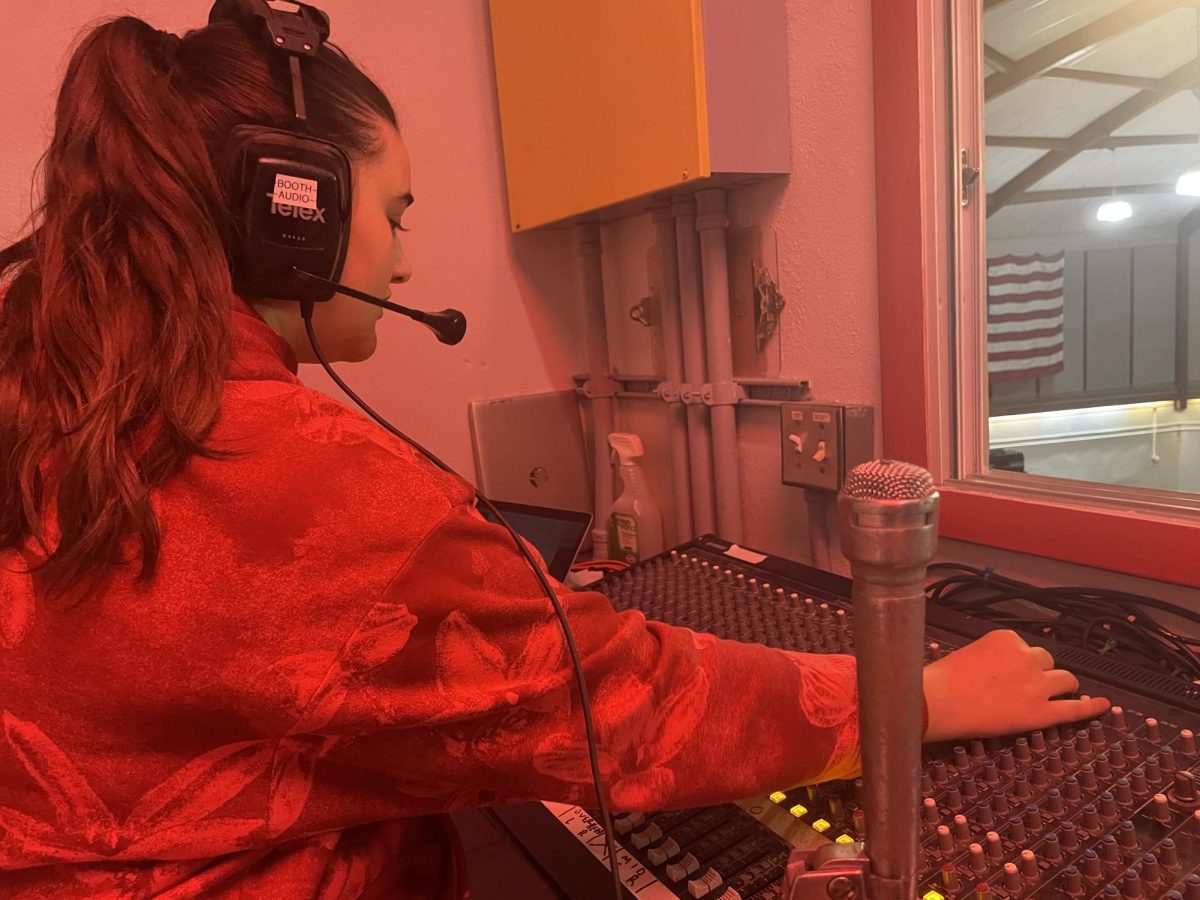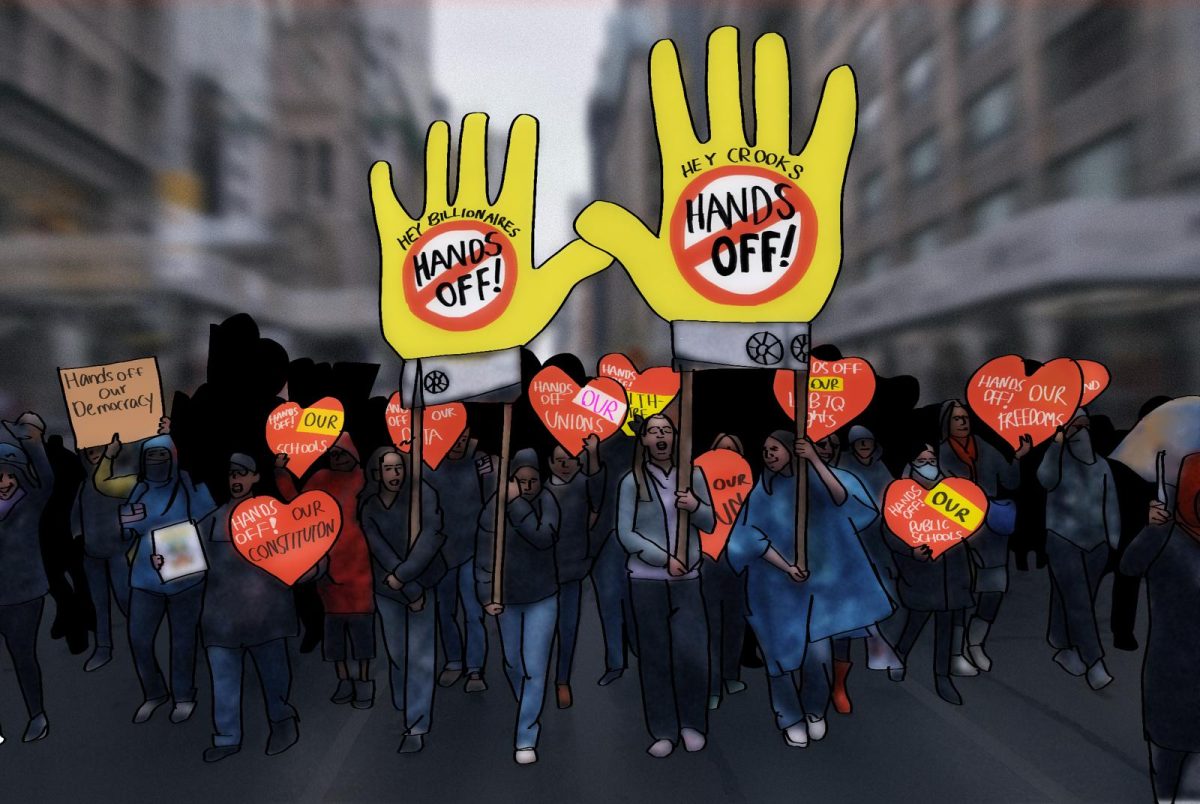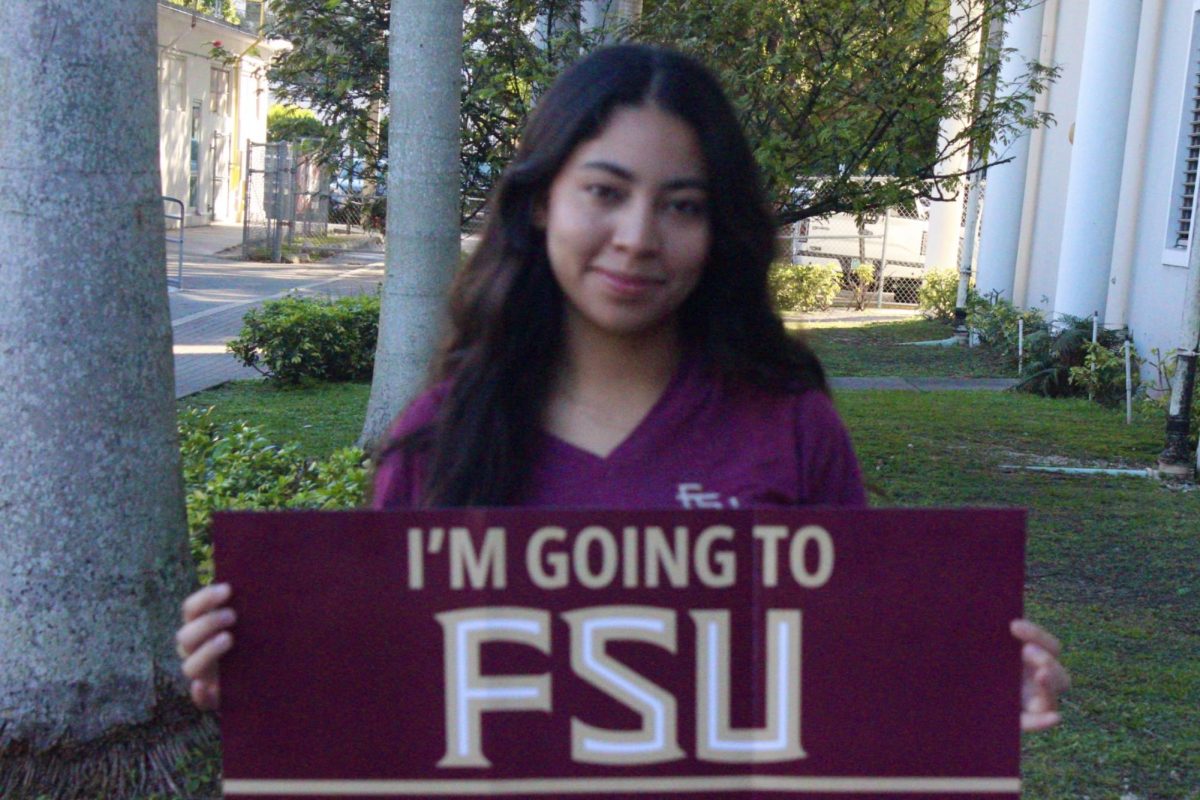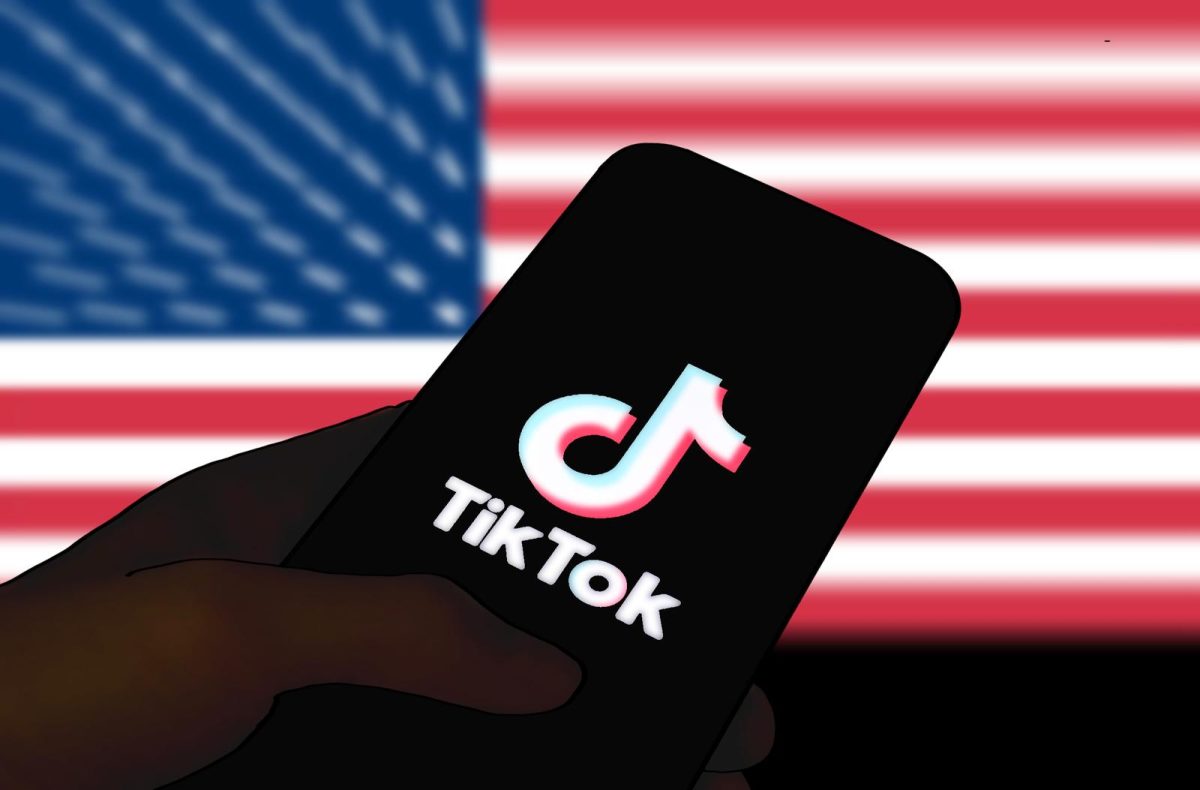The free press is the bloodline of any democracy. It preserves its function of holding government accountable, being open and keeping the people informed of issues of public interest. But that need for press rose just a few weeks into Donald Trump’s presidency, as he is already taking action to discredit and regulate the press. From shutting down reporters to calling unfavorable news “fake news”, he is posing as a real threat towards the press. Given that suppressing the media restricts the public’s access to truthful information, this may just pave the way for autocracy.
These measures- limiting access to White House press briefings, targeting journalists who challenge him and suing news organizations- signal an intent to weaken press freedom and discourage critical reports.
“There should be no further restrictions to the freedom of the press as this could lead to a tip in the check and balances of the government and create a more dominant government system with the power to control the people,” senior Christopher Gonzalez said.
Without this section of the journalistic spectrum, there is a high probability of officials acting without much scrutiny, thereby increasing incidences of corruption and abuses of power. Throughout history, any president faced with severe media criticism, such as Richard Nixon, realized the very essence of a free press. They may have grudged unfriendly coverage, but they never attempted to dismantle the institution itself. Thomas Jefferson himself stated that out of a government without newspapers or newspapers without a government, he would prefer the latter. This underpins how imperative journalism is to ensure democracy functions perfectly.
“If a president can decide which news is real and which is not, that’s terrifying. Trump wasn’t just complaining about reporters, he was literally trying to control what people believe. That’s not just wrong, it’s dangerous,” sophmore Sol Fernandez.
Since his election, Trump has been on a steady campaign against the press, viewing journalists not as supporters of democracy but as the enemy. His administration had blocked major news outlets, such as CNN, The New York Times and The Washington Post, from attending press briefings just because they had published critical stories. With the repeated usage of the term ‘fake news’ for anything unfavorable, an atmosphere of distrust hangs above journalism. Limitation of press access and discrediting journalism aims to achieve one goal: control of the narrative. When leaders limit the information’s flow, they influence public perception, essentially undermining democratic institutions.
“It’s honestly crazy how many people still don’t get it. A free press isn’t just some fancy or good idea, it’s literally what keeps our government in check. The second a leader starts attacking journalists, we should all be questioning what they’re trying to cover up and their morality,” sophomore Sofia Duarte said.
Trump’s hostility toward the press can therefore have crippling consequences beyond the very act of informing, specifically concerning the erosion of public trust in quality journalism. As trust in mainstream media begins to fade, other forces work to implant misinformation and conspiracy theories in its place. The reality is that many are no longer getting their information from trusted news sources, but from partisan organizations and social media, where baseless or false reports are more likely to circulate. This serves to further weaken democracy where it will allow misinformation to thrive in a populace and emphasize leaders who dictate an alternative reality without accountability.
“Trump calling every bad headline ‘fake news’ is pure manipulation and gaslight. Instead of proving them wrong, he just made the public doubt the news entirely. That’s how misinformation spreads, when people don’t even know who to trust anymore,” senior Bridghett Vasquez said.
Only a few months after he took office, Trump is already laying ground work to delegitimize the media. Unmonitored government can carry on its business with impunity. A free press is not the enemy; it is the truest friend against censorship, which is central to democracy itself.



